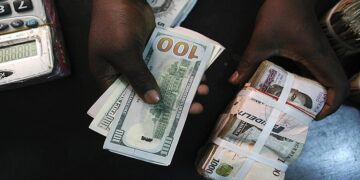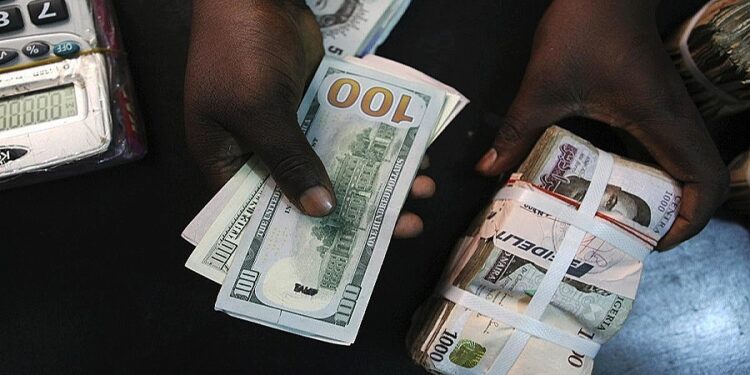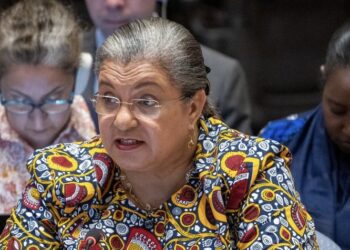By John Ikani
The Nigerian government, led by President Bola Tinubu, has revealed plans to significantly cut down the use of the US dollar in the nation’s economy.
Finance Minister and Economy Coordinator, Wale Edun, made this known at the Global Investors’ Forum held alongside the World Bank and IMF annual meetings in Washington DC.
According to him, the strategy “is part of ongoing economic reforms,” adding that “it involves encouraging service providers, regulators, and other entities to bill transactions in Naira instead of dollars, which is expected to reduce the reliance on the US currency while boosting demand for the Naira.”
In addition, Edun pointed out that the removal of petrol and foreign exchange subsidies would provide the government with more funds to invest in other projects.
He also highlighted that oil production, which remains Nigeria’s primary source of foreign exchange, is moving in a positive direction and could yield strong results in the near term.
J.P. Morgan defines “de-dollarisation” as a process where the dollar’s role in global trade and financial transactions is significantly reduced, leading to decreased reliance on the currency by nations and institutions.


































